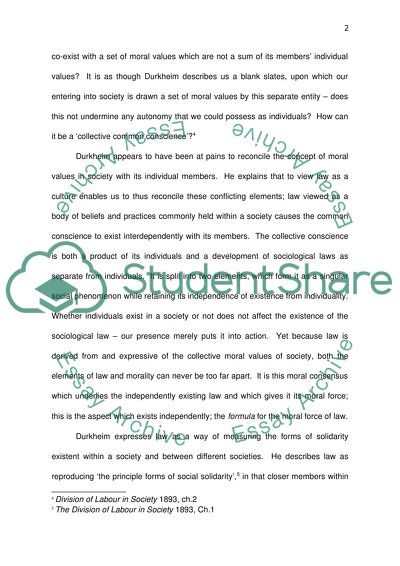Cite this document
(“Sociology of law Essay Example | Topics and Well Written Essays - 2500 words”, n.d.)
Retrieved from https://studentshare.org/miscellaneous/1565814-sociology-of-law
Retrieved from https://studentshare.org/miscellaneous/1565814-sociology-of-law
(Sociology of Law Essay Example | Topics and Well Written Essays - 2500 Words)
https://studentshare.org/miscellaneous/1565814-sociology-of-law.
https://studentshare.org/miscellaneous/1565814-sociology-of-law.
“Sociology of Law Essay Example | Topics and Well Written Essays - 2500 Words”, n.d. https://studentshare.org/miscellaneous/1565814-sociology-of-law.


